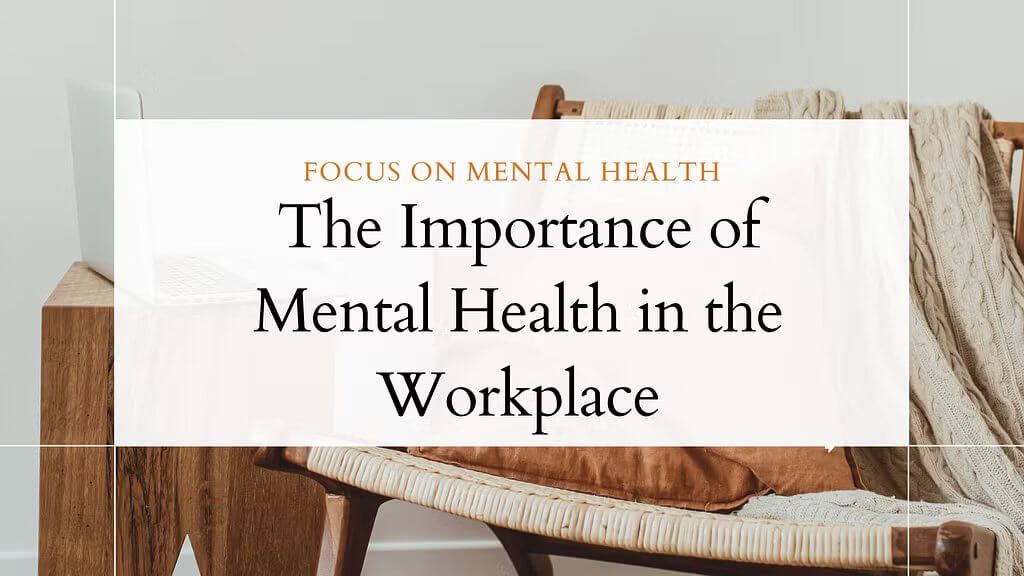In today’s fast-paced and demanding work environment, it is crucial to prioritize mental health. Organizations that value the well-being of their employees not only foster a positive work culture but also see improved productivity, engagement, and job satisfaction. In this blog post, we will explore the significance of mental health in the workplace and provide actionable tips for promoting a mentally healthy work environment.
Why Mental Health Matters at Work
Boosting Employee Well-being and Productivity
Taking care of employees’ mental health directly contributes to their overall well-being and happiness. When employees feel supported and valued, they are more likely to be engaged, focused, and motivated to perform their best. Prioritizing mental health can lead to increased productivity and efficiency within the organization.
Reducing Stress and Preventing Burnout
Work-related stress is a significant contributor to burnout, which can negatively impact both the individual and the organization. By implementing strategies to support mental health, such as stress management programs and work-life balance initiatives, employers can help reduce
Enhancing Employee Retention and Attracting Talent
Organizations that prioritize mental health create a positive reputation as supportive workplaces. This can attract top talent who value well-being and encourage existing employees to stay. High employee retention reduces turnover costs and promotes stability within the organization.
Tips for Promoting Mental Health at Work
Here are some practical strategies organizations can implement to promote mental health in the workplace:
Encouraging Open Communication and Supportive Culture
- Foster a culture of open communication, where employees feel comfortable discussing mental health concerns without fear of stigma or discrimination.
- Train managers and supervisors to recognize signs of distress and provide appropriate support and resources.
- Establish employee resource groups or support networks to encourage peer support and create a sense of community.
Promoting Work-Life Balance
- Encourage employees to take regular breaks, utilize vacation days, and maintain a healthy work-life balance.
- Implement flexible work arrangements, such as remote work options or flexible scheduling, to accommodate individual needs and responsibilities.
- Provide access to resources and programs that promote stress management and self-care, such as mindfulness workshops or gym memberships.
Offering Mental Health Resources and Support
- Provide access to confidential counseling services or Employee Assistance Programs (EAPs) to support employees facing mental health challenges.
- Educate employees about available mental health resources, both within the organization and externally.
- Train managers and supervisors on mental health awareness and how to refer employees to appropriate resources.
Conclusion
Prioritizing mental health in the workplace is not only compassionate but also a strategic decision that positively impacts the overall well-being and productivity of employees. By creating a supportive work environment, promoting open communication, and offering resources and support, organizations can foster mental well-being and create a culture of care. Remember, a mentally healthy workplace is an investment that pays off in terms of increased employee satisfaction, motivation, and retention.
We hope these tips will inspire you to prioritize mental health in your workplace for the benefit of your employees and your organization as a whole.
Remember to always consult with mental health professionals for expert advice on implementing mental health strategies in the workplace.
Disclaimer: The information provided in this blog post is for educational purposes only and should not be considered a substitute for professional medical advice, diagnosis, or treatment. Always seek the advice of your physician or qualified mental health professional with any questions you may have regarding mental health or any other medical condition.

